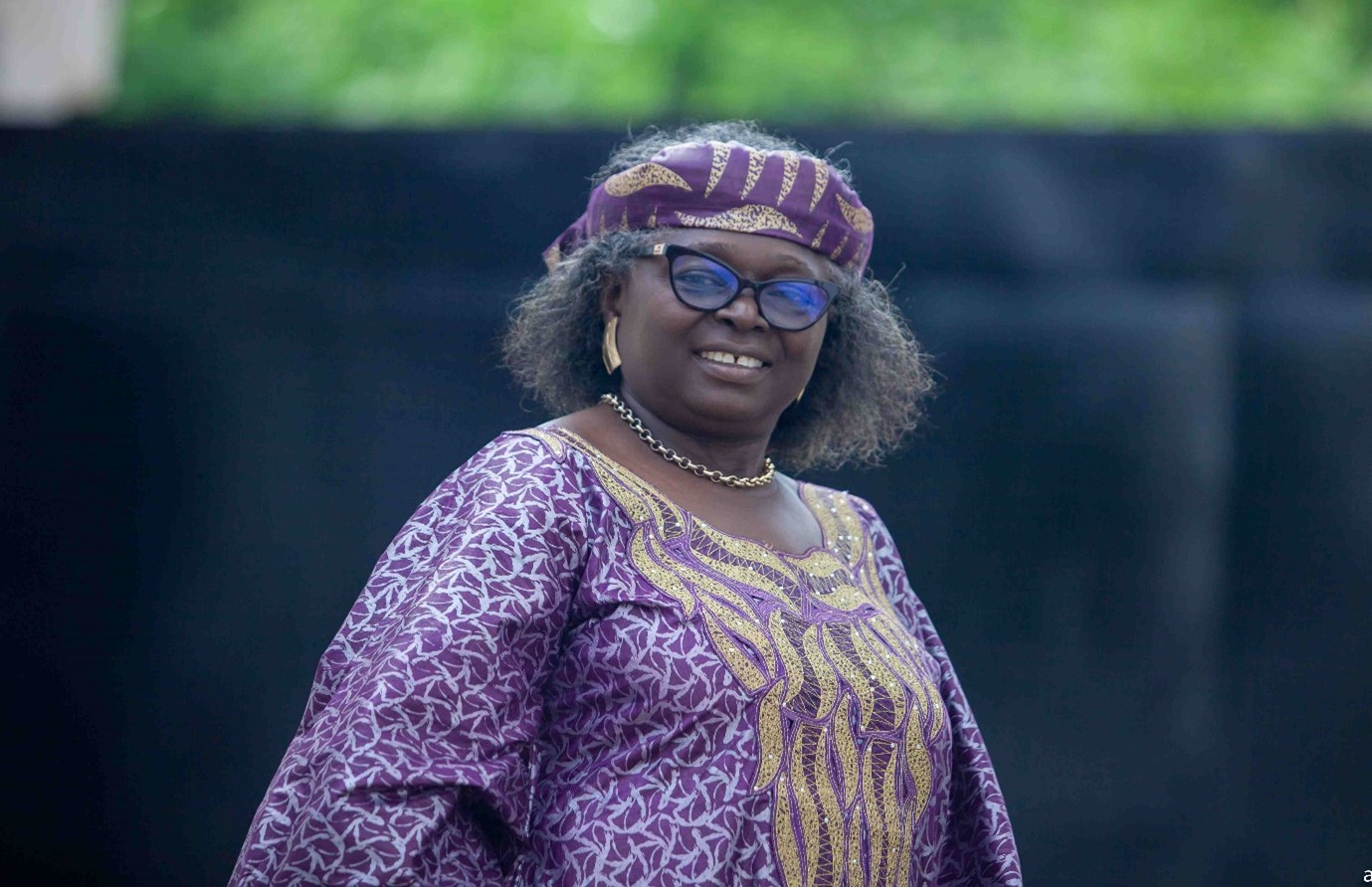Cameroon’s forest is part of the Congo Basin, Africa’s largest rainforest. The country boasts almost 19 million hectares of humid dense forest as part of its 30 million hectares of natural forest. The African Forest Forum has been active in generating knowledge and supporting a strong cast of stakeholders who are looking out for the future of the nation’s forests and trees’ resources.
Prudence Galega grew up in the forest. Pursuing a career in law has given her an opportunity to be a difference maker for the area that she considers her home. First as a lawyer, and then as a magistrate, she has taken cases that often determine ownership of forest resources. This has seen many women cross her path, as so many depend on the trees here for their livelihood.
She has most recently become a legal advisor to the Ministry of Forestry and Wildlife. As Prudence’s career has advanced, she has also had an impact on policy making, not just on a national level, but also globally.

“My role in policy making cuts across diverse skills, especially policy issues at the community level because I'm a community woman, I'm a traditional woman leader in my community. Also, policy making at the national level, mostly by virtue of my functions as a magistrate, and policy making, most importantly, at global levels, by virtue of my functions as a national focal point for the Convention on Biological Diversity, and the coordinator of the African group of negotiators within that process. In terms of advocacy, I ensure that certain views and perspectives are taken into consideration in policy making processes.”
Prudence recently had an audience with United Nations Secretary-General Antonio Guterres. She was impressed by his grasp of the issues she presented. Yes, Prudence was tasked to present Africa’s position and perspectives on adopting global policies on conservation. She spelled out Africa’s priorities on biodiversity. Guterres noted that local communities on the continent aren’t benefiting from their wealth of resources.
“I remember the series of trainings in Lusaka, in the years 2016 and 2017, when I got to know AFF, leading these training sessions, working on the training modules, that were being developed by African Forest Forum to ensure these were adapted to the context of what the negotiators required, and key policymakers on forest at country levels. What was also unique in those trainings was the fact that the focus was on very current and emerging issues for which you needed to build capacity.”
The African Forest Forum works continuously to prepare delegates like Prudence to negotiate in global forums. First, it provides her with information from the multitude of studies it commissions. Then there are workshops where the art of negotiation is practiced. AFF has helped boost their abilities and stature, putting them in the most important global conversations on sustainable forest management. But they still strive to bring together Africans for a united stand on forestry issues. Prudence recalls her experience; “I have also been involved in audiences with ministers of environment, the world over. In Japan, China, South Korea, all these have been the key lead ministers as chairpersons in these conventions. But you know, of importance is facilitating dialogue amongst African ministers of environment.”
Arming passionate forest activists like Prudence, to fight on the front lines of international events, such as the Conference of Parties for the United Nations Convention on Biodiversity, the United Nations Framework Convention on Climate Change and the United Nations Convention to combat Desertification as well as the sessions of the United Nations Forum on Forests is the vital work of the AFF. This affects Cameroon’s own efforts to maintain its forest cover while achieving sustainable development for its citizens. And it affects the way the entire African continent can benefit from global attention to Biodiversity, climate change and other issues that cross borders

